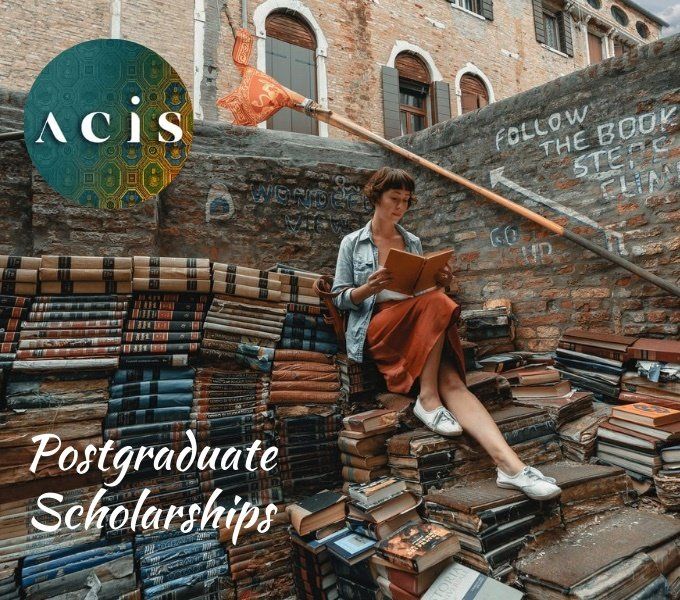Crime Fiction Conferences in 2014/1
Barbara Pezzotti ACIS
The year 2014 has been blessed with quite a few crime fiction conferences. Here are the first two, whose deadlines for sending an abstract are 6 January and 1 February respectively: “ Captivating Criminality. Crime Fiction, Darkness and Desire ” Conference, Bath Spa University and Crime Studies Network (24-26 April 2014); and “ Evil Incarnate: Manifestations of Villains and Villainy “, Case Western Reserve University, Cleveland (11-13 July).
The “Captivating Criminality” conference aims to consider the darker side of crime writing with particular reference to the process of captivation, fascination and desire, in relation to the texts themselves and also to readers: why does crime writing captivate? Crime fiction regularly outsells literary fiction and this demonstrates that we hunger for what this genre has to offer. This conference will bring together a number of disciplines to investigate these key themes. The conference will provide a platform for creative writers, historians, theorists and literary scholars to examine crime writing, from Gothic fiction of the 18th century to the current popularity of Nordic noir. Award-winning crime author Val McDermid will be present to discuss the world of crime. Translated into more than 30 languages, with over two million copies sold in the UK and over 10 million worldwide, she has written 25 bestselling novels; “The Vanishing Point” – her latest novel – is her 26th. The second keynote speaker is Sharon (SJ) Bolton whose books have been shortlisted for several international awards including the CWA Gold Dagger, the Theakston’s Old Peculiar prize for crime novel of the year, the International Thriller Writers’ Best First Novel and (four years running) the Mary Higgins Clark award for best thriller (Awakening won this), while Professor Mary Evans (Who is the author of the monograph “The Imagination of Evil: detective Fiction and the Modern World”) will be the third keynote speaker.
Panels may include, but are not restricted to:
Reimagining the Criminal Mind; The Gothic; True Crime; Foreign Bodies; Ancient Bodies; Crime and Modernism/Modernity; Dostoevsky and Beyond: The Genealogy of Crime Writing; Fatal Femininity; Seduction and Sexuality; The Criminal Analyst; Others and Otherness; Landscape and Identity; Justice Versus Punishment; Lack of Order and Resolution.
If interested, send 400-word proposals to Dr Fiona Peters (f.peters@bathspa.ac.uk) and Dr Rebecca Gordon Stewart (r.stewart@bathspa.ac.uk) by 6 January 2014. The abstract should include a title, name and affiliation of the speaker, and a contact email address. Feel free to submit abstracts presenting work in progress as well as completed projects. Postgraduate students are welcome. Papers will be a maximum of 20 minutes in length. Proposals for suggested panels are also welcome. Conference website: http://captivatingcriminality.bathspa.ac.uk/
“The Evil incarnate” Conference covers the following themes: The concept of villainy is universal: the dichotomy of good versus evil has been central conflict underlying ideologies and praxis across cultures and time. What, after all, is a hero without a villain as a foil? This conference asks: what defines villainy? Is it moral? Cultural? Inherent circumstantial? How are villains represented textually, culturally, and politically? What does the presence of the villain do to the issues in which they are embedded? How would the issues change in their absence? By exploring the concept of villainy as it manifests itself, the conference explores the many forms of villainy and their consequences. Ultimately, it seeks definition for villains in an attempt to overturn the characterizing of this pursuit as “[T]he motive-‐hunting of a motiveless malignity,” because, unfortunately, the designation of evil incarnate is also that of villainy beyond understanding (S. T. Coleridge). The organisers of the conference are interested in papers from a variety of disciplinary and inter-‐disciplinary perspectives. Possible topics include, but are not limited to:
• Villains and crime in literature and /or fiction
• Villains and monsters in the media/ media constructions of villainy
• Moral transgression, evil, and villainy
• The making of national enemies
• Evil and history
• Evil as a necessity
• Monsters across cultures
• What causes evil
• Aliens and alienation
• Supernatural evil and the Occult
• Political villains such as dictators, tyrants, Fascists, and/or Nazis
• Terrorists
• Criminality in society
• Holocausts
Confirmed Keynote Speakers: Prof. David Frankfurter (Religious Studies, Boston University); Prof. Ronald Holmes (Justice Administration, University of Louisville); Prof. William Paul (Film Studies Washington University in St. Louis).
If interested, send 300-‐word abstracts words for papers of 20 minutes to evilincarnate@case.edu by the extended deadline February 1, 2014. The abstract should also include a 50-‐word biographical note and AV requests. Please indicate if you wish the abstract to be considered for inclusion in the post-conference publications. Conference Organizers: Drs. Malcah Effron and Brian Johnson (English, Case Western Reserve University). Contact Details: evilincarnate@case.edu
Share this:
- Share on Tumblr
- </div></li><li class="share-end"/><li class="share-reddit"><div class="reddit_button"><iframe src="https://www.reddit.com/static/button/button1.html?newwindow=true&width=120&url=https%3A%2F%2Facis.org.au%2F2014%2F01%2F02%2Fcrime-fiction-conferences-in-20141%2F&title=Crime%20Fiction%20Conferences%20in%202014%2F1" height="22" width="120" scrolling="no" frameborder="0"/></div></li><li class="share-end"/></ul></div></div></div></div></div> <div id="jp-relatedposts" class="jp-relatedposts"> <h3 class="jp-relatedposts-headline"><em>Related</em></h3> </div></div> </div>









